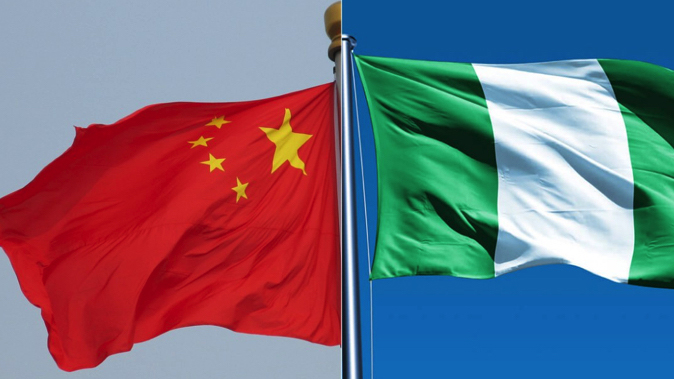China has announced the full implementation of a zero-tariff scheme for 53 African countries, including Nigeria, under the Changsha Declaration, further strengthening economic ties within the Forum on China-Africa Cooperation (FOCAC).
The announcement, made by China’s Ministry of Foreign Affairs, followed a high-level meeting between Chinese officials and African foreign ministers in Changsha. The initiative stems from commitments made during the 2024 Beijing Summit of FOCAC, which focused on building a stronger China-Africa partnership in a rapidly evolving global landscape.
According to a statement released after the meeting, the representatives of China, 53 African nations, and the African Union Commission affirmed their commitment to creating an “all-weather China-Africa community with a shared future for the new era.”
The declaration highlighted the rising influence of the Global South and underscored the importance of collaboration in advancing development, multilateralism, and equitable global governance. It also criticized growing unilateralism, protectionism, and economic coercion, calling on countries, particularly the United States, to resolve trade disputes through mutual respect and dialogue.
The ministry stressed that African nations face pressing economic and developmental challenges that demand urgent international attention. It urged for increased development assistance, rather than cuts, to support poverty reduction and infrastructure growth across the continent.
In a significant move, China committed to expanding zero-tariff treatment to 100 percent of tariff lines for all 53 African countries with diplomatic relations with Beijing, excluding Eswatini, which has no official diplomatic ties. This will allow greater access for African goods to the Chinese market.
For Africa’s least developed countries, the plan includes enhanced market access measures, streamlined inspection and customs procedures, and increased technical training and trade facilitation.
Additionally, China pledged support for the African Union’s Agenda 2063, with a focus on modernization and sustainable development. The Chinese government also announced plans to implement the China-Africa Economic Partnership for Shared Development, deepen cooperation in green industries, e-commerce, science and technology, artificial intelligence, finance, and legal frameworks.
The statement also reaffirmed plans to strengthen people-to-people ties, including initiatives like the “2026 Year of People-to-People Exchanges.”
In September 2024, President Bola Tinubu signed five memoranda of understanding during a meeting with Chinese President Xi Jinping. Speaking at the Beijing summit, Tinubu described the China-Africa relationship as a “true testament” to the strength of mutual respect and cooperation.
Foreign Affairs Minister Yusuf Tuggar later confirmed that the agreements signed with China are in various stages of implementation.
